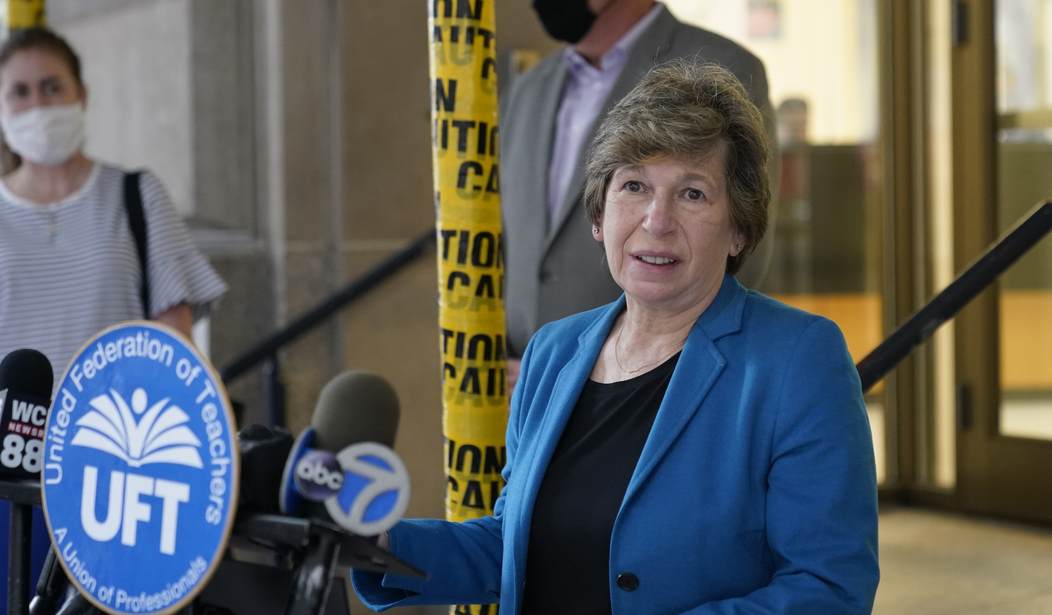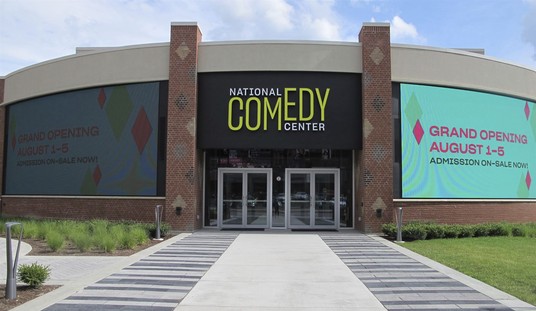There is a crisis in America’s primary and secondary school system, and it’s not entirely due to the pandemic. Schools across the country are closing — some for one day a week, some for several days, and some are closing entirely while reverting to remote learning.
Part of the reason is an uptick in COVID infections. But most of it appears to be “teacher burnout” or staff shortages that have left parents with, in some cases, just one or two days’ notice of the closing. As they scramble to find childcare, parents are angry and frustrated.
They’re also burned out.
At least six other school districts in Michigan extended Thanksgiving break, and three districts in Washington State, including Seattle Public Schools, unexpectedly closed on Nov. 12, the day after Veterans Day. In one instance, Brevard Public Schools in Florida used leftover “hurricane days” to close schools for the entire week of Thanksgiving.
Teachers say they’re bearing most of the burden. Is that true?
School districts cited various reasons for the temporary closings, from a rise in Covid-19 cases to a need to thoroughly sanitize classrooms. But for many schools, the remote learning days — an option that did not exist before the pandemic — are a last-ditch effort to keep teachers from resigning. They are burned out, educators said, after a year of trying to help students through learning loss, and working overtime to make up for labor shortages.
Battles in the classroom — from mask mandates to debates over critical race theory — have also taken a toll, said Randi Weingarten, the president of the American Federation of Teachers, the country’s second-biggest teachers’ union.
“What you hear from teachers is that it’s been too much,” she said. “And they’re trying the best that they can.”
No doubt the stress factor has gone up. But we shouldn’t accept anything Randi Weingarten says as truthful. If the teachers were really trying the “best they can,” it almost certainly wouldn’t be “too much” for them.
Related: Making Education a Core Issue Is About More Than CRT
The teachers’ unions have zero credibility, which is why we should also take whatever some unions say about the crisis with a grain of salt.
Elizabeth Thiel, president of the Portland Association of Teachers, says her union is receiving an “alarming” number of inquires from teachers asking for help resigning. If the union can figure out a plan now, she says, that may help avoid mass resignations, which would force schools to go entirely remote.
Perhaps the school districts will have to fill the vacancies with non-union teachers? Perish the thought.
As usual, parents are caught in the middle. Trying to raise a child and make a decent living while overseeing their child’s intellectual and social development in school is hard enough. But having to deal with balky teachers, terrified administrators, and unions more concerned about a political agenda than educating their kids is proving to be a herculean task.
The solution is for everyone to work together for the common good of educating children — teachers teaching, administrators administrating, and involved parents assisting them. That’s not going to happen in the middle of a pandemic and battles over who gets to decide on how best to educate kids.










Join the conversation as a VIP Member